Books
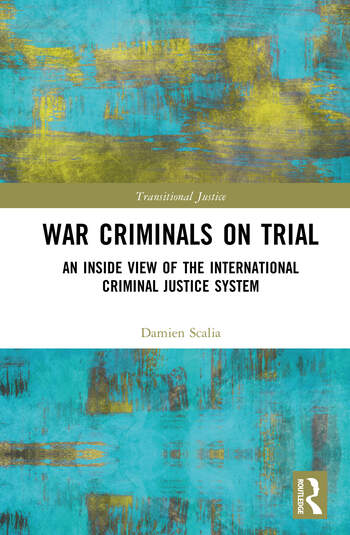
War Criminals on Trial: An Inside View of the International Criminal Justice System
By Damien Scalia. This book critically examines the practice of international criminal justice based on the experience of war criminals who have been tried for their crimes. Presenting the perspectives of those commonly referred to as ‘genocidaires’, ‘war criminals’ or ‘criminals against humanity’, this book presents their experience of international criminal justice, and its impact…
Read more
The Banyamulenge Soldier: Genocide between Congo and Rwanda
By Christopher P. Davey. The Banyamulenge Soldier offers a critical analysis of combatant experiences from within the Rwandan Patriotic Front (RPF) and subsequent armed groups through the interpretation of Banyamulenge soldier narratives. Banyamulenge young men joined the RPF and acted as foot soldiers in the RPF’s fight against the genocidaire in 1994 and later conflicts, becoming…
Read more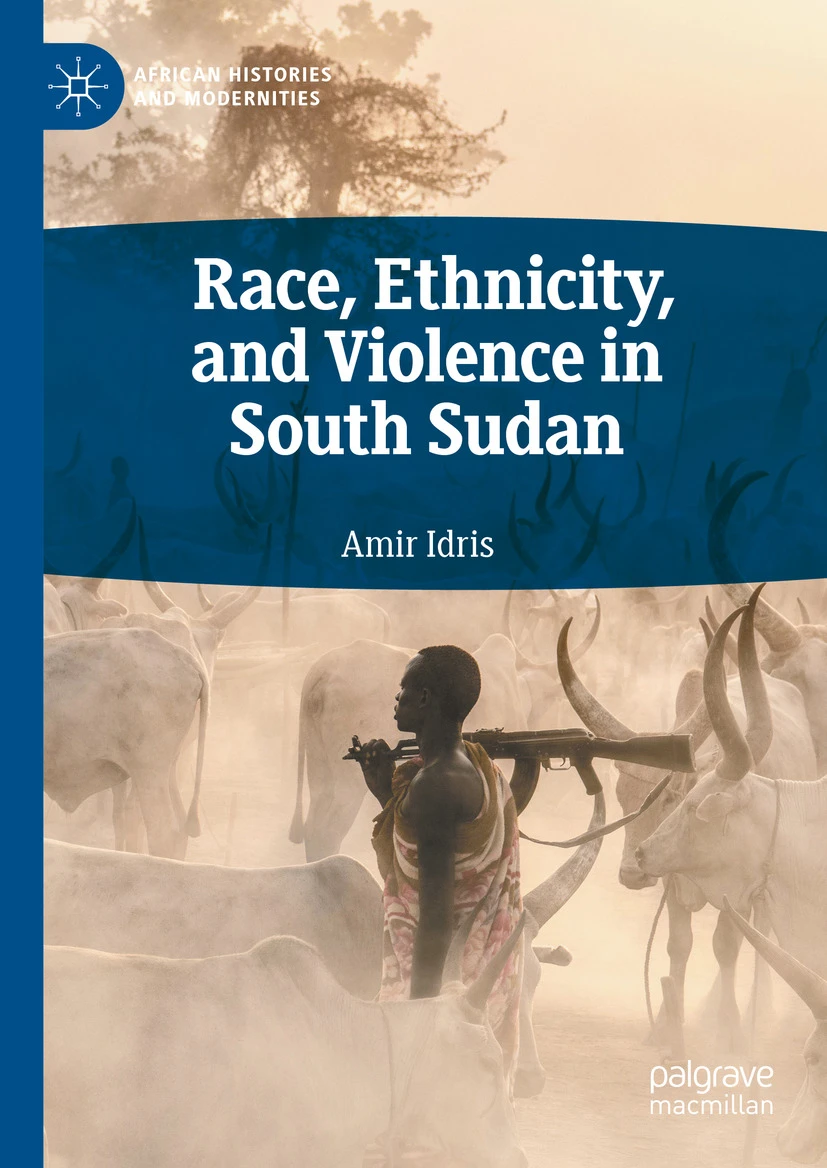
Race, Ethnicity, and Violence in South Sudan
By Amir Idris. The purpose of this book is to understand how and why ‘liberators’ of South Sudan have become perpetrators of ethnically driven violence. How and why did violence happen immediately after independence in South Sudan? South Sudan slid into civil war in December 2013, just two years after winning its hard-won independence. A…
Read more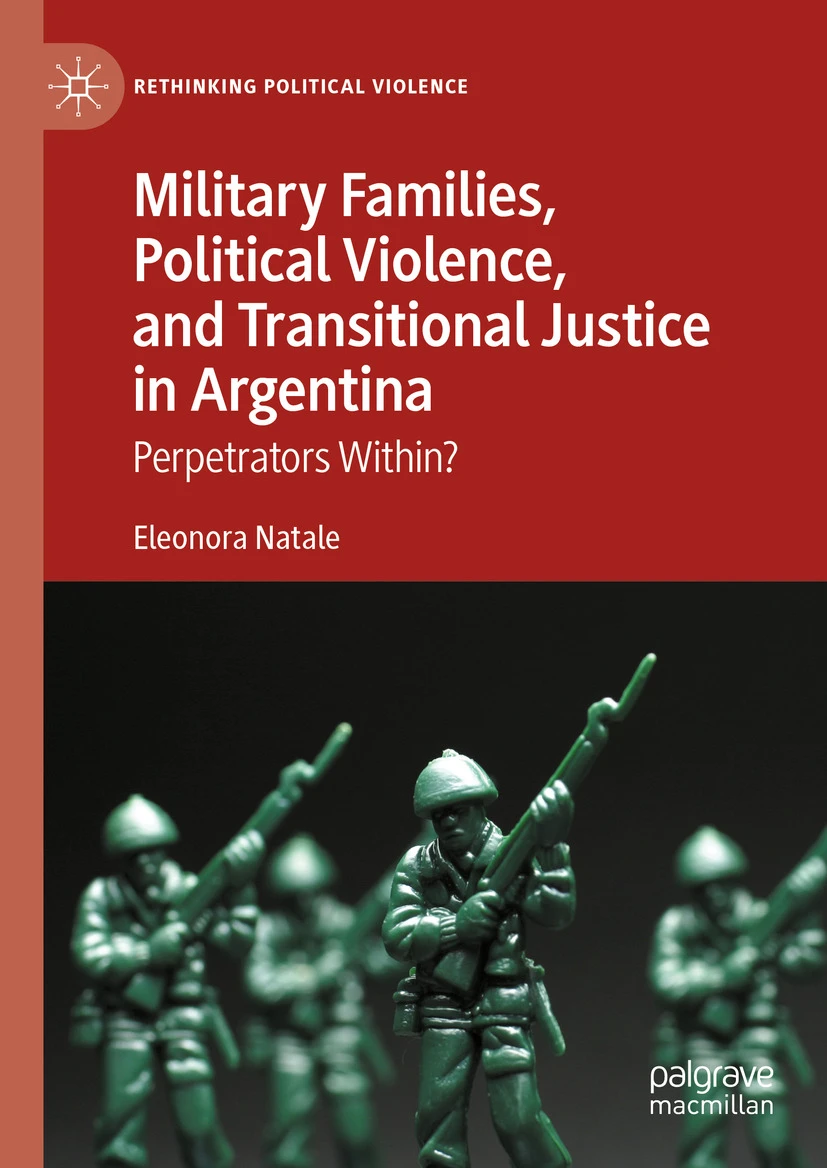
Military Families, Political Violence, and Transitional Justice in Argentina: Perpetrators Within?
By Eleonora Natale. Perpetrators within? provides the first ethnographic account of the experiences of military families of the Argentine dictatorship (1976-83). At the crossover of multiple disciplines, this groundbreaking study brings advancements in the fields of military and conflict studies, Latin American history, transitional justice and ethnographic methods. The military juntas that seized power in…
Read more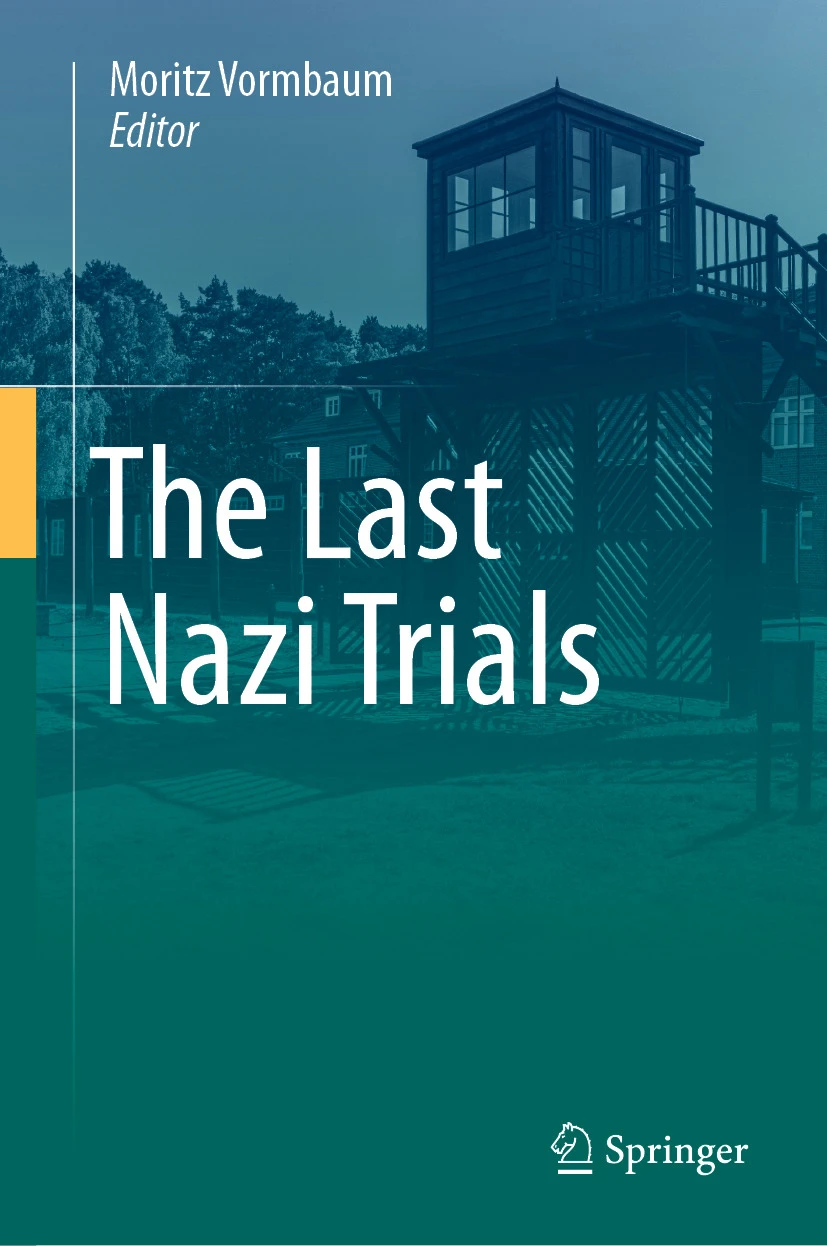
The Last Nazi Trials
Edited by Moritz Vormbaum. Eighty years after the Nuremberg trial, the prosecution of Nazi perpetrators has effectively come to an end. Examining the last Nazi trials in Germany from a multidisciplinary perspective, the present volume addresses key aspects of the judicial phenomenon of Spätverfolgung (‘late prosecution’), links the issue to the international discourse on transitional justice,…
Read more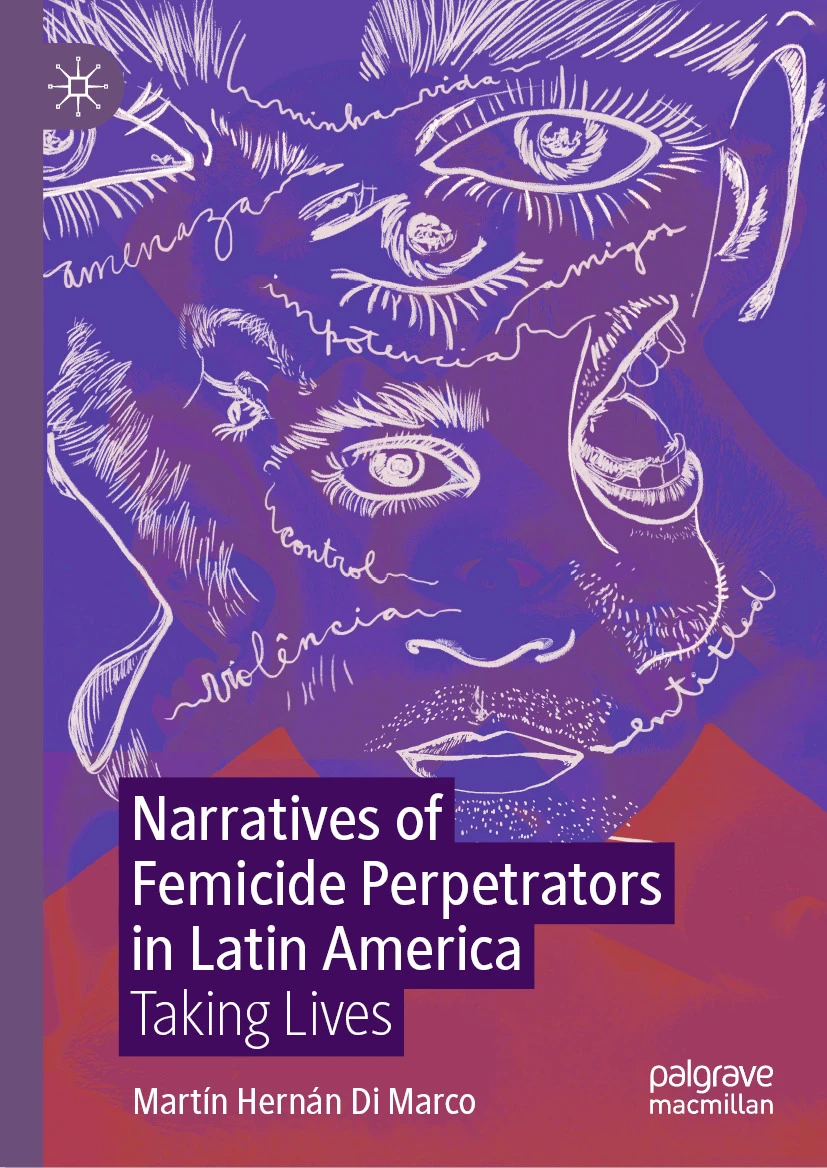
Narratives of Femicide Perpetrators in Latin America: Taking Lives
By Martín Hernán Di Marco. This book synthesises narrative research on men convicted of intimate femicide/feminicide in Latin America. Based on repeated biographical interviews conducted across eight countries, it offers a sociological exploration of the perpetrators’ lives and their processes of sense-making through the analysis of their narratives. The book identifies cross-cutting themes and narrative…
Read more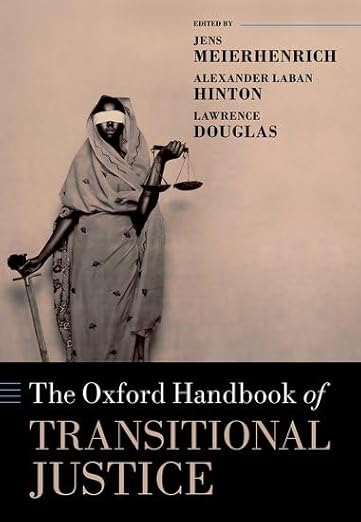
Oxford Handbook of Transitional Justice
Edited by Jens Meierhenrich, Alexander Laban Hinton, and Lawrence Douglas. The Oxford Handbook of Transitional Justice is an authoritative guide to the rapidly growing domain of transitional justice—the practices and processes of reckoning pursued in the aftermath of historic injustice. Since the neologism’s coining in the late 1990s, “transitional justice” has become one of the 21st…
Read more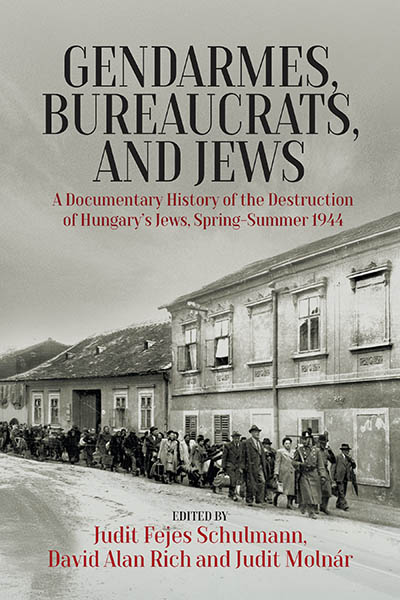
Gendarmes, Bureaucrats, and Jews: A Documentary History of the Destruction of Hungary’s Jews, Spring-Summer 1944
Edited by Judit Fejes Schulmann, David Alan Rich, and Judit Molnár. Between May and July 1944, over 440,000 Jews were deported from the Hungarian provinces to the Auschwitz-Birkenau extermination camp, where 330,000 perished. Gendarmes, Bureaucrats, and Jews offers a fresh perspective on these events, examining not only the Nazi regime but also the complicity of the Hungarian…
Read more
Memory in Hungarian Fascism: A Cultural History
By Zoltán Kékesi. Memory in Hungarian Fascism: A Cultural History argues that fascist memory had a key role in the historical formation and later return of fascism. Tracing the trajectory of a perennial figure of fascist memory, the cult of Eszter Sólymosi, from interwar Hungary through the Cold War West to contemporary Hungary, the book covers a…
Read more
Everyday Denazification in Postwar Germany: The Fragebogen and Political Screening during the Allied Occupation
By Mikkel Dack. In the wake of World War II, the victorious Allied armies implemented a radical program to purge Nazism from Germany and preserve peace in Europe. Between 1945 and 1949, 20 million political questionnaires, or Fragebögen, were distributed by American, British, French, and Soviet armies to anxious Germans who had to prove their…
Read more
